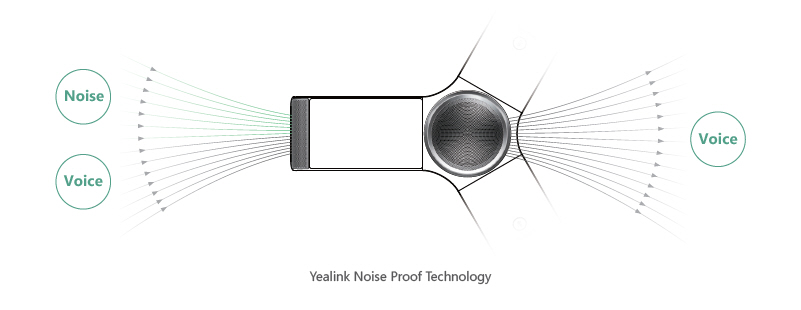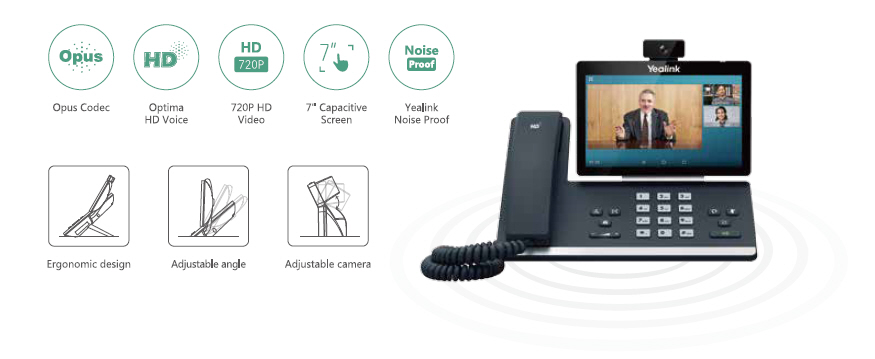Introduction
In the rapidly evolving digital landscape, Non-Governmental Organizations (NGOs) are increasingly looking for ways to improve their communication systems. One of the most effective solutions available today is Voice over Internet Protocol (VoIP) phone service. This technology not only reduces costs but also enhances flexibility, scalability, and functionality. In this comprehensive guide, we'll explore everything you need to know about implementing VoIP phone service in your NGO, including its benefits, challenges, setup procedures, and best practices.

What is VoIP Phone Service?
Understanding VoIP Technology
Voice over Internet Protocol (VoIP) allows users to make voice calls using a broadband Internet connection instead of a traditional analog phone line. By converting voice signals into digital data packets that travel over the internet, VoIP services offer improved call quality and lower costs.
How Does VoIP Work?
VoIP works by breaking down audio signals into data packets that can be transmitted over the internet. When a user speaks into a VoIP-enabled device, their voice is converted into digital signals. These signals are then sent through the internet to the recipient's device, where they are converted back into audible sound.

Key Components of a VoIP System
Internet Connection: A high-speed broadband connection is essential for quality VoIP service. VoIP Phones: This can include dedicated VoIP phones or softphones installed on computers and mobile devices. VoIP Service Provider: An essential partner who offers various features and pricing plans tailored to your needs. Router and Switches: Proper network hardware is vital for managing data traffic efficiently.The Benefits of Implementing VoIP Phone Service in Your NGO
Cost Savings with VoIP Solutions
One of the most significant advantages of adopting a VoIP phone service for your NGO is the potential for substantial cost savings. With lower call rates—especially for international calls—and no maintenance costs associated with traditional phone systems, NGOs can allocate more resources towards their core mission.
Enhanced Communication Flexibility
VoIP services provide unparalleled flexibility in communication. Whether your team operates from different locations or works remotely, VoIP allows seamless connectivity across various devices—be it smartphones, tablets, or computers—ensuring that important conversations happen without interruption.
Scalability for Growing Organizations
As your NGO grows and evolves, so does your communication needs. VoIP systems are highly scalable; adding new lines or features is often as simple as a few clicks on your service provider’s control panel.
Advanced Features Tailored for NGOs
VoIP services come equipped with advanced features such as voicemail-to-email transcription, call forwarding, conference calling, and more—all designed to enhance productivity within your organization.
Challenges in Transitioning to VoIP Phone Service
Technical Challenges During Implementation
Transitioning from a traditional phone system to a VoIP solution can pose technical challenges such as network compatibility issues and the need for training staff on new technologies.
Maintaining Call Quality and Reliability
While many organizations experience enhanced call quality with VoIP systems, poor internet connections can lead to dropped calls or poor audio quality—a critical factor NGOs should consider before making the switch.
Ensuring Data Security and Privacy Compliance
As with any technology that transmits sensitive information over the internet, ensuring data security is paramount. NGOs must consider how well their chosen provider protects against data breaches and complies with local regulations regarding privacy.
A Guide to Selecting the Right VoIP Phone Service Provider for Your NGO
Assessing Your Organization’s Needs
Before selecting a provider, evaluate your organization’s specific communication needs including call volume estimates and desired features like video conferencing or integration with existing software tools.
Comparing Pricing Models Among Providers
Different providers SoundCurve - Business Phone Systems VoIP Oregon offer varied pricing models based on monthly subscriptions or pay-as-you-go plans. Compare these options carefully while considering your budget constraints.
| Feature | Provider A | Provider B | Provider C | | ---------------------------------- | ----------- | ----------- | ----------- | | Monthly Cost | $29 | $25 | $35 | | International Call Rates | $0.02/min | $0.03/min | $0.01/min | | Support Availability | 24/7 | Business Hours Only | 24/7 | | Additional Features | Video Conferencing Included | No | Yes |

Evaluating Customer Support Options
Customer support should be readily accessible given that technical issues may arise after implementation. Look for providers offering robust support channels such as live chat or dedicated account managers.
Steps to Implementing VoIP Phone Service in Your NGO
Step 1: Conduct an Internal Needs Assessment
Gather input from team members on current communication challenges and aspirations regarding future capabilities before proceeding with any technical decisions.
Step 2: Choose a Reliable Internet Connection Provider
Ensure you have sufficient bandwidth provided by an ISP capable of supporting multiple simultaneous calls without compromising quality.
Step 3: Select Your Preferred Hardware Options
Decide whether you will use dedicated IP phones or softphones installed on computers/tablets based on usage patterns within your organization.
Training Staff on Using New Communication Tools Effectively
Creating Comprehensive Training Materials
Provide thorough training sessions along with user-friendly manuals so all staff members can understand how to utilize new tools effectively from day one.
Encouraging Continuous Learning Opportunities
Engage employees by offering ongoing workshops focused on maximizing productivity through effective usage of their new communication platform(s).
Best Practices for Maintaining Your NGO's VoIP System
Regularly Update Software Systems
To avoid security vulnerabilities associated with outdated systems ensure all software related to the telephony system receives regular updates provided by respective vendors promptly upon release!
Monitoring Call Quality Consistently
Utilize performance monitoring tools available through most providers allowing insights into overall system health—being proactive about addressing issues before they escalate!
FAQ Section
li5/ol2/li6li6/ol3li7# Is there any downtime during transition?- With careful planning and execution downtime can be minimized significantly.
- Most providers offer porting services which allow you to retain current numbers while switching platforms!
- Security varies between providers; thus thorough research into encryption methods employed should be performed prior making commitments!
Conclusion
Implementing a reliable Voice over Internet Protocol (VoIP) phone service can revolutionize how NGOs operate by enhancing communication efficiency while saving funds that could otherwise go toward fulfilling mission-based goals! By understanding key components involved—from selecting an appropriate vendor down through maintaining performance standards—NGOs stand poised not only adapt within this ever-changing landscape but thrive! As we’ve explored throughout this article titled "A Guide to Implementing VoIP Phone Service in Your NGO," embracing such technological advances enables organizations leverage modern solutions effectively ensuring success long-term!